Xi tells ASEAN leaders China will never seek hegemony nor bully neighbors
Beijing will never seek hegemony and will not “bully” its small regional neighbors, Chinese President Xi Jinping has said, amid escalating tensions over the South China Sea.
Addressing the summit of 10-country Association of Southeast Asian Nations (ASEAN), the Chinese leader said his government wants to cooperate with China’s neighbors to maintain lasting peace in the region and to prevent foreign “interference.”
The China-ASEAN virtual summit, which is being held to commemorate 30 years of dialogue, would help regional peace, stability, and development, he said.
ASEAN grouping comprises Brunei, Cambodia, Indonesia, Laos, Malaysia, Myanmar, the Philippines, Singapore, Thailand and Vietnam.
Beijing's territorial claims over the South China Sea clash with those of several Southeast Asian nations, such as Vietnam and the Philippines.
“China was, is, and will always be a good neighbor, good friend, and good partner of ASEAN,” Xi said, assuring his counterparts from other regional countries.
Xi’s peace overtures come on the heels of Philippines’ condemnation of the actions of Chinese coast guard vessels that allegedly prevented Philippine boats from resupplying a South China Sea outpost.
Philippine President Rodrigo Duterte told the summit hosted by Xi that he "abhors" the altercation, adding that the rule of law was the only way out of the dispute.
“We abhor the recent events in the Ayungin Shoal and view with grave concern other similar developments,” he said. “This does not speak well of the relations between our nations.”
The US also on Friday called the Chinese actions “dangerous, provocative, and unjustified,” and warned that an armed attack on Philippine vessels would invoke US mutual defense commitments.
“The United States strongly believes that PRC (People’s Republic of China) actions asserting its expansive and unlawful South China Sea maritime claims undermine peace and security in the region,” State Department spokesman Ned Price said.
Xi told the summit that China and ASEAN had “cast off the gloom of the Cold War” and jointly maintained regional stability.
For decades, the US has sent warships and aircraft near the South China Sea, prompting the Chinese government to criticize the movements as "Cold War thinking".
Last week, in a highly anticipated summit Xi spoke to his American counterpart Joe Biden, although there were no breakthroughs and no signs of détente between the two sides.
The virtual meeting saw Xi warn Biden that US support for Taiwanese independence was like "playing with fire.... and those who play with fire will get burned."
The US-China relations have grown increasingly tense in recent years, with the two largest economies of the world clashing over a range of issues, including trade, Chinese Taipei, Hong Kong, military activities in the South China Sea, and the origins of the coronavirus.
VIDEO | Iraqi resistance strikes key Israeli targets in occupied territories
VIDEO | Press TV's news headlines
Iranian satellites launched into space as private sector debuts in space industry
VIDEO | Iran, Azerbaijan conduct joint maritime rescue operations
VIDEO | Yemen’s Red Sea divide: Naval forces block Israeli-linked ships in strategic ‘parting of the water’
VIDEO | Southern Gaza: Israel’s facade for famine and suffering
VIDEO | IOF hampering humanitarian aid
VIDEO | Sharmahd: Justice Done


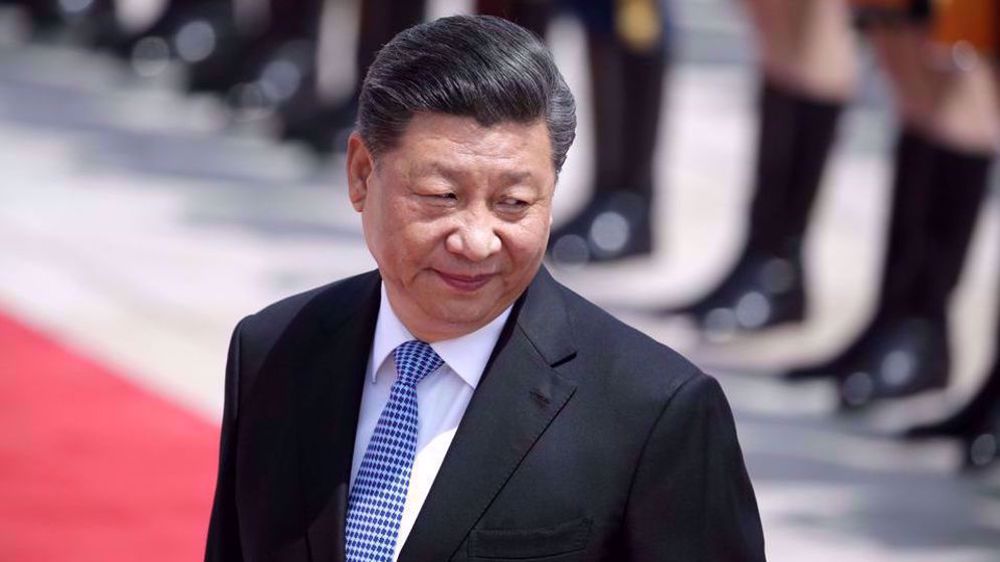
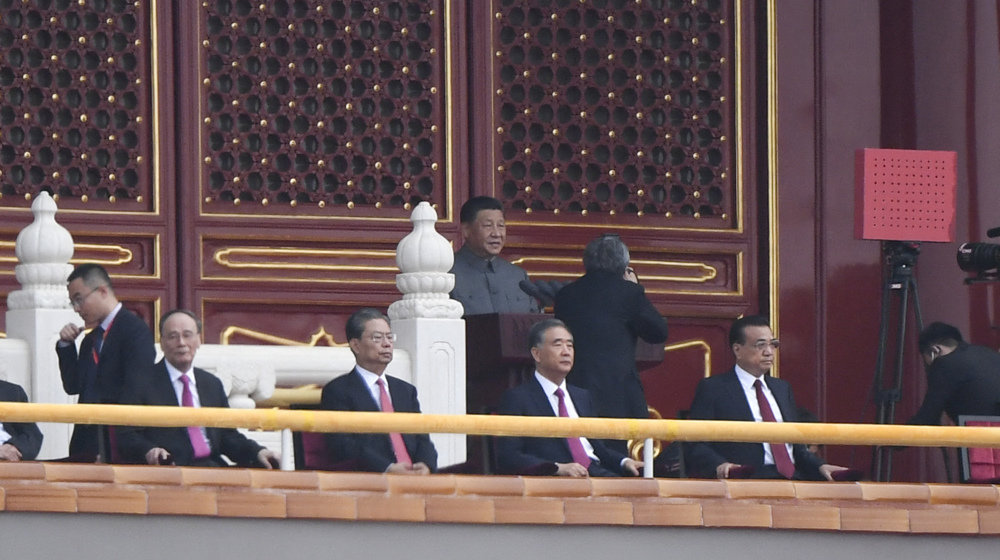
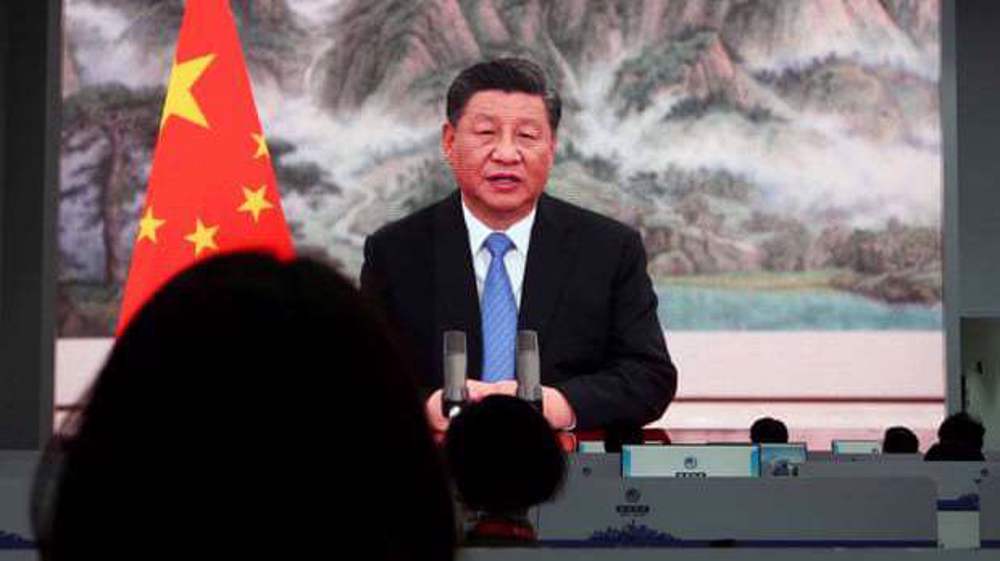
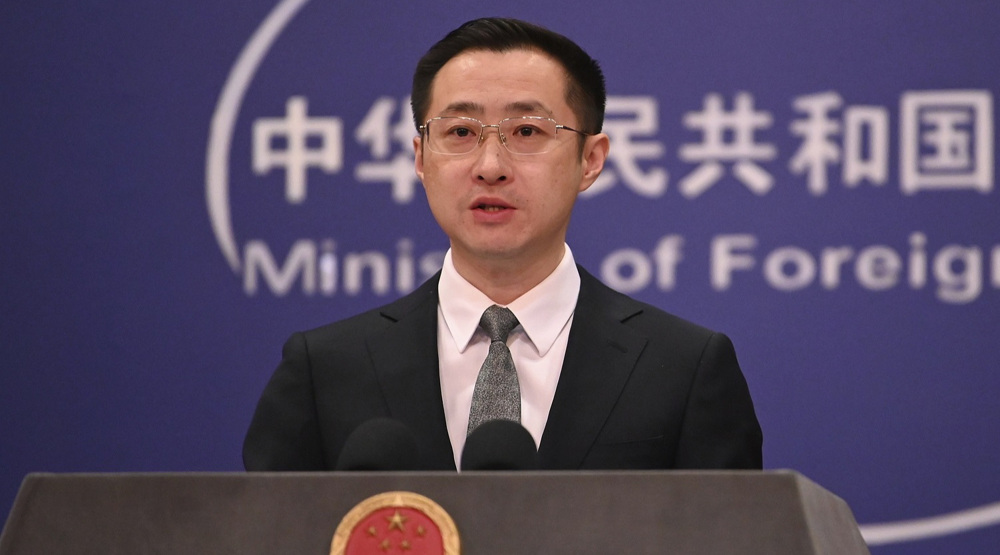
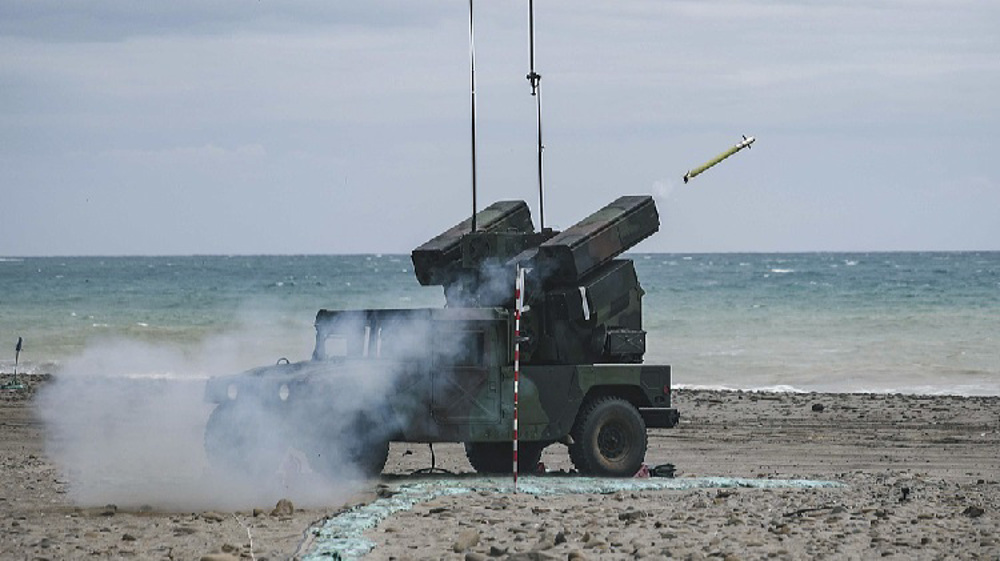
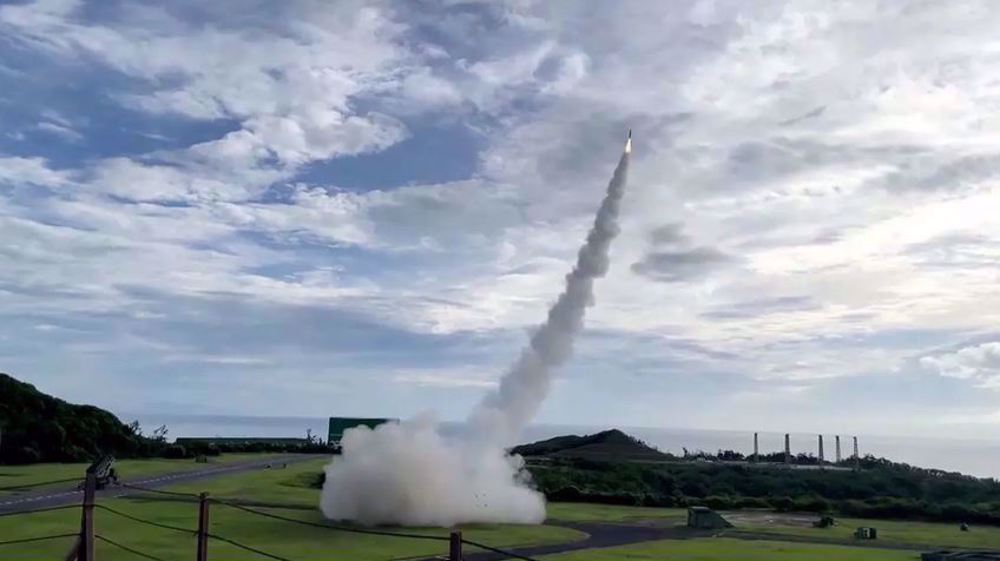



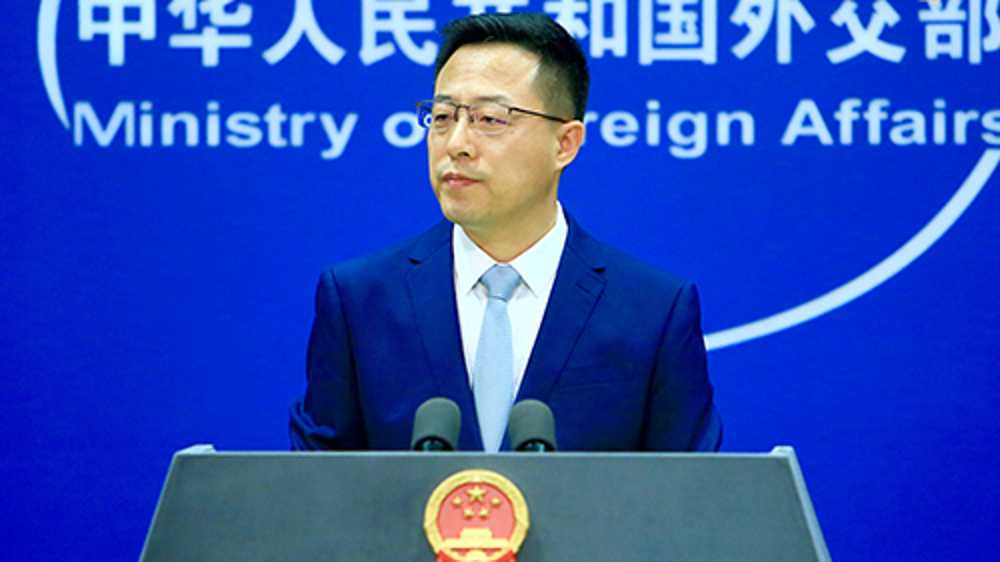

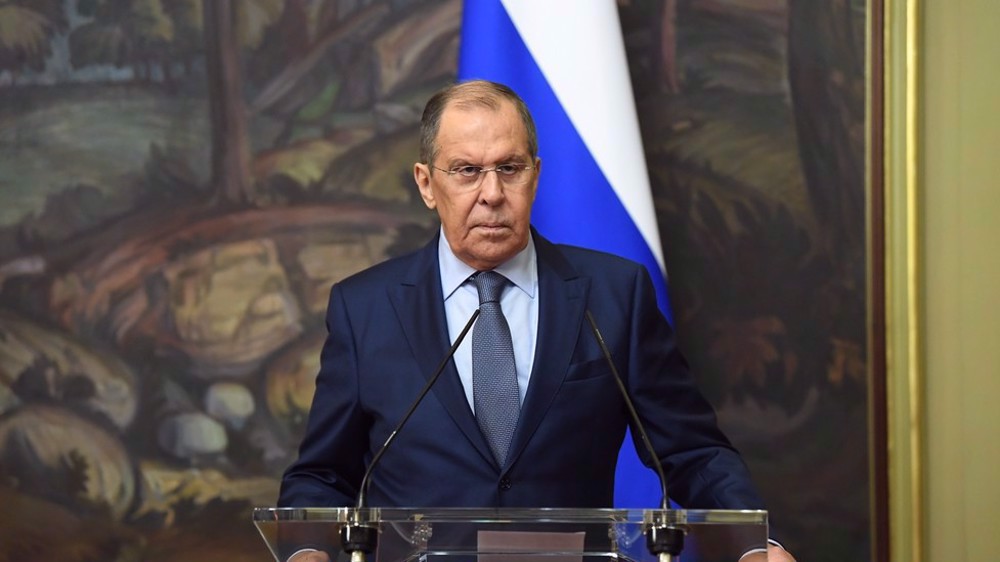
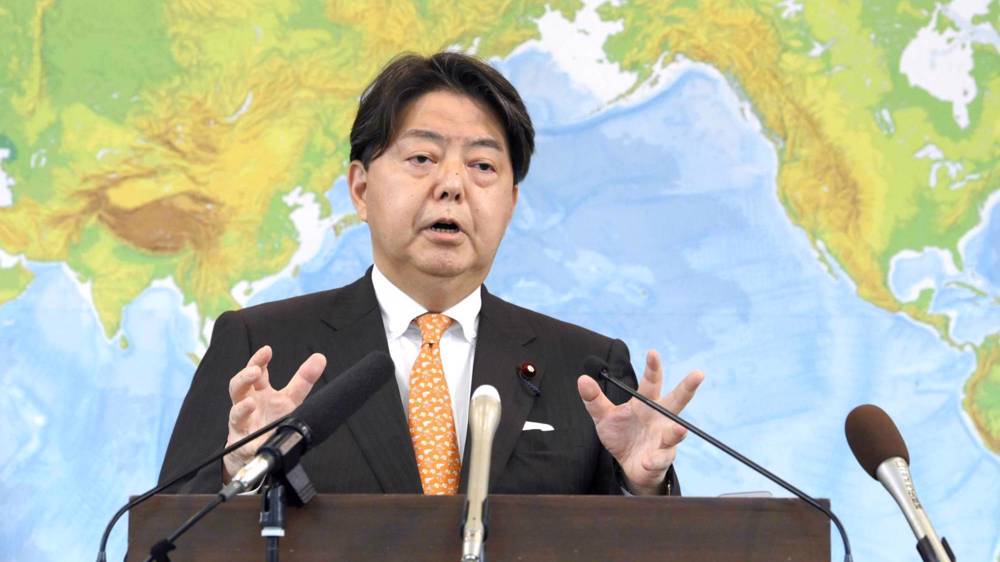
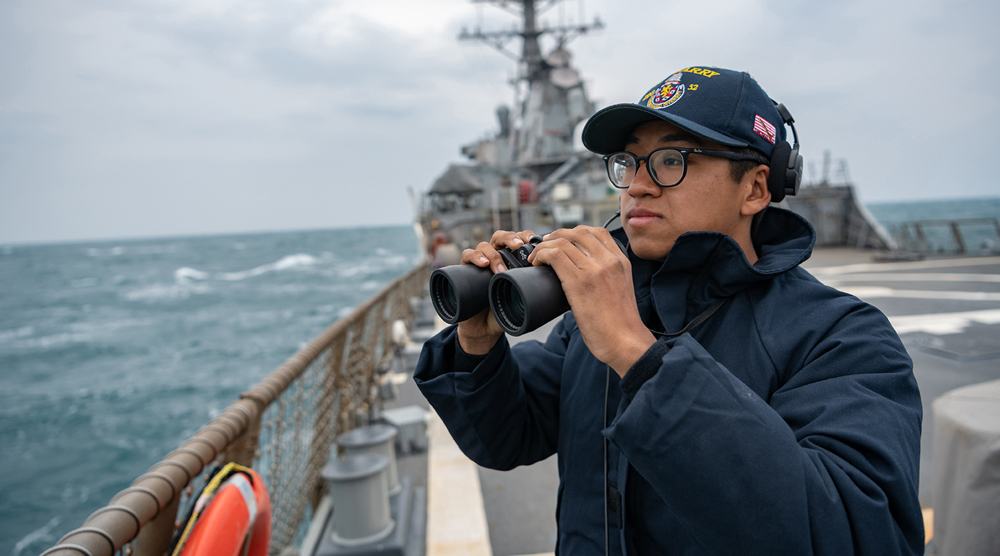

 This makes it easy to access the Press TV website
This makes it easy to access the Press TV website